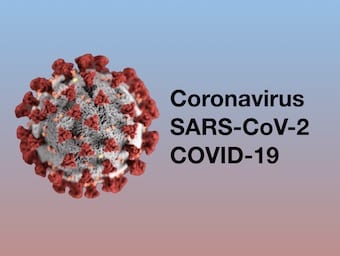
Weil disease
Weil disease refers to the severe icteric form of Leptospirosis. Bacterial infection with worldwide distribution.

Weil disease refers to the severe icteric form of Leptospirosis. Bacterial infection with worldwide distribution.

Mastering Intensive Care 061: A tribute to the global Intensive Care community for your COVID-19 efforts with Andrew Davies

Mastering Intensive Care 061: A tribute to the global Intensive Care community for your COVID-19 efforts with Andrew Davies

Mastering Intensive Care 060: Simone Hannah-Clark - Firsthand COVID-19 patient experience from New York ICU

Anna Wessels Williams (1863 - 1954) was an American public health physician and bacteriologist. Park-Williams bacillus (1896)

Cicely Delphine Williams (1893–1992) was a highly influential Jamaican born, English paediatrician, nutritionist and child health advocate. Kwashiorkor (1933)

Gladys Rowena Henry Dick (1881 - 1963) was an American physician, pathologist and vaccinologist. Dick test (1924) in scarlet fever

Dr Laura Rock describes how a simple emotion response tool, GIVE, can be used to help us connect, understand, and support one another. This is even more important during the COVID-19 pandemic.

Disseminated viral infection causing fever, lymphadenopathy, and acute eruption of painful, monomorphic clustered vesicles

Introduction to a series of posts titled "COVID-19: Keeping the baby in the bath", focusing on the need to build on existing knowledge in critical care and the appropriate testing of new therapies and innovations.

SARS-CoV-2 infection and pathogenesis: hyperinflation, thrombosis and resp failure (proposed mechanisms). Ilustraciones clínicas para la educación médica

Overview of lung imaging for COVID-19 pneumonia, from a critical care perspective (Critical Care Compendium)